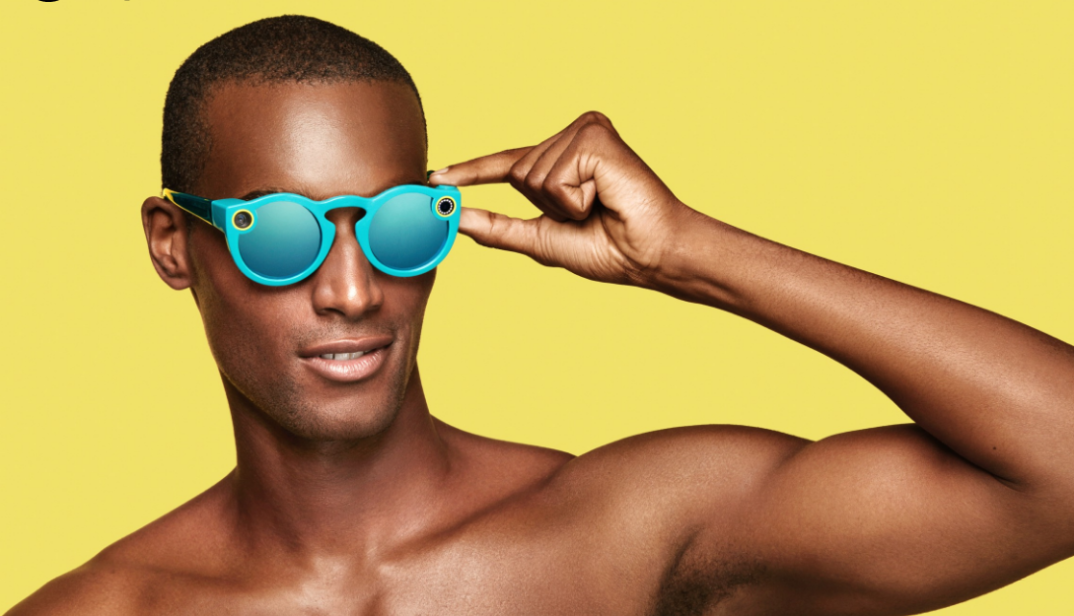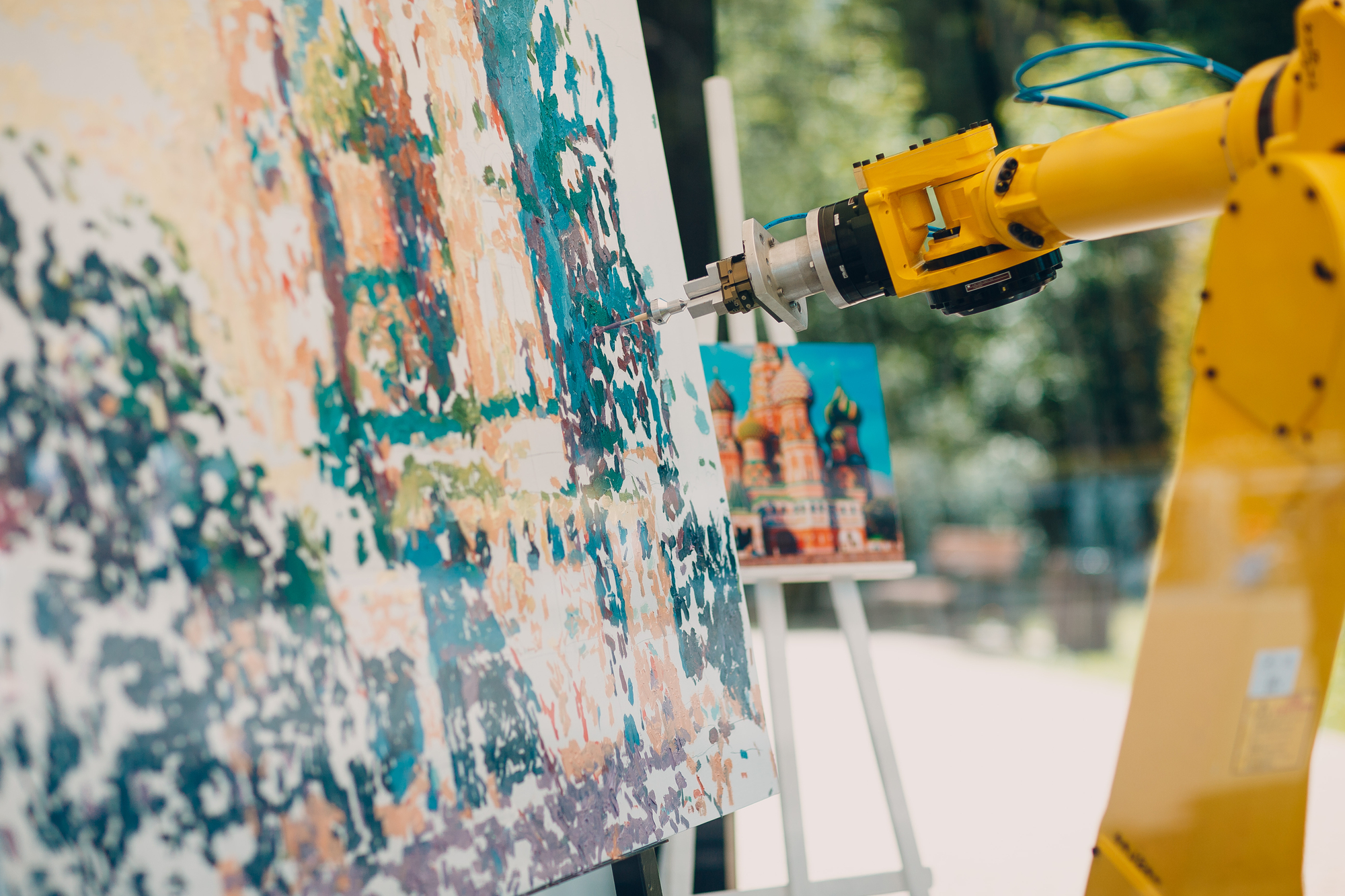Snapchat Specatacles and Changing Norms of Privacy
Snapchat has expanded out of your phone and onto your face.
After changing their company’s name to Snap, Snapchat is now ready for the release of their Spectacles, fashionable glasses with a built-in camera that can upload images and video to your phone or computer.
The ease with which citizens can be recorded going about their daily lives can be unnerving. The idea that at the same time you are sitting in a crowded coffee shop, any number of strangers has the ability to film you without your knowledge or consent can feel like a harm, an invasion of your privacy. It brings to mind a classic thought experiment from the ethics of unknown harms – a debate over whether you can be harmed if there is never any impact on the experience of your life. Imagine that, unbeknownst to you, there is a mini-cam planted in your bedroom, and some recordings are broadcast to a small village in Asia. You never meet anyone who has seen the images, and never discover the camera or that you have been recorded. Have you been harmed?
This question gets at the fundamental concern with the protection of our privacy: are we concerned with the distress that arises when this protection is violated? Or is there a more basic value that should be protected independent of the further effects on our life? There are two potential violations to be concerned with here: privacy, and respect for consent to use parts of someone’s life. We could think that people have a right for some aspects of their life to be kept their own: a right to privacy. Further, we could think that we owe people the right to be in charge of when to give up their privacy: a right to ownership and consent. In this thought experiment, we could think that both your privacy and your right of ownership have been violated. These were moments you took to be your own, and you didn’t consent to the use of these aspects of your life in this way.
If there is a basic value of privacy, how are we to understand this value in an ever-changing landscape of what information about us is readily available given developments in technology? Do our feelings of discomfort at the thought experiment change if we take the mini-cam out of the bedroom and into our daily commute – tracking our interactions with strangers on the street and cashiers throughout the day? What is the scope of privacy in a world where more and more, the norm is to share more and more of one’s life with more and more people?
It may be that this question – the scope of what will count as private – defaults to the second question: what you are consenting to share.
The seamless design of the Spectacles poses an interesting set of questions for how we shape our public space. We can’t easily tell when someone is recording rather than just wearing the colorful glasses. This raises concerns similar to those that made the launch of the Google Glasses difficult. In 2013, bars and restaurants banned the use of Google Glasses before they were even released, worried about their customers feeling comfortable, wanting to maintain an atmosphere in their businesses that people would seek out. The introduction of these devices seemed to pose a challenge to these priorities.
However, the number of smartphone users has increased from 144.5 million in 2013, when Google Glass was introduced, to an estimated 207.2 million currently in the US. According to Pew Research Center, 64% of adults owned a smartphone in 2015, up 35% from 2011 and on the rise. Smartphones are unobtrusive cameras, and their prevalence has changed the social norms of public photography in recent years. As more technology gets introduced, more norms shift. Does this mean that the moral intuitions and implications for privacy and consent also become more lax?
When someone enters a public space with a camera crew, individuals can ask not be recorded. It intuitively seems wrong for the camera crew to continue to record such an individual. If the citizen doesn’t know she is being recorded, her ability to withhold consent has been undermined. The presence of a big camera alerts us to the possibility of being recorded, and we can act. We now know that the same possibility is there with smartphones, and they are in most people’s hands every day. It doesn’t appear that public comfort has been especially eroded, however.
One of the major ways that public recording has expanded since Google Glass is in police body cameras, whose purpose is monitoring. In that arena, the recordings theoretically would help the public in holding police officers responsible, but also to change the behaviors just in knowing that they are monitored. Cameras exist in public spheres beyond this area, however, for similar purposes, such as above bank tellers and cashiers. In order to aid businesses and public interests, traffic and customer service has been more and more monitored over the years.
It may be that the unobtrusiveness is what we find troubling – we want to know when we are being recorded so we can opt out. But when the video is not focused on us and cannot be used against us, these concerns seem to lessen. Also, the more commonplace the sharing becomes, the less intrusive it begins to feel. Consider upgrades in airport monitoring. What once felt invasive now is rarely objected to.
These increases in monitoring are not for individual private use, however, and this may prove to be the most significant factor. While we are acclimating to more information about us accruing and being shared by businesses and the government, the idea of a stranger at a crowded coffee shop surreptitiously filming is still uncomfortable.
The appeal of Snapchat at the outset was in response to the fear that something posted on the internet could never be undone – it will last forever, never to be erased. The expiration of the posts opened up a new sphere of communication and posts that weren’t subject to the concerns of who would eventually get access to what one was sharing. The use to which the videos could be put was limited, the danger of internet exposure limited. If this were to be applied to the Spectacles, the worries that Google Glass raised would be lessened, but the morality of the invasion would not be affected.
There seems to be reason to expect the release of Spectacles will be met with considerably less ethical concern than Google Glass. Whether this is for morally relevant reasons or a slippery slope of comfort with being monitored is an open question.





